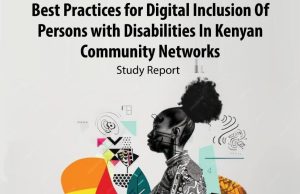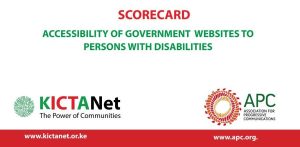The Kenya ICT Action Network (KICTANet) in 2010 conducted a study Women and Cybercrime: the dark of ICTs 1 which documented examples of cybercrime against women in Kenya. The aim of the study was to provide evidence for development of cyber security/crime policy and regulatory framework that acknowledges and considers cyberspace violence against women, and create awareness on cybercrime against women amongst various stakeholders.
The study targeted primarily the government and governmental agencies, international organizations, women organizations and media. It established that there was a growing trend in spamming, email scams, impersonation, theft of personal data, among others, which seemed to go hand in hand with women and girls lack of knowledge of the risks they run, and the extent of the damage that some continued to sustain.
The study identified various challenges related to dealing with cyber-crime against women, which included inappropriate policy and regulatory frameworks related to addressing cyber-crime offences, inadequate training of legal and law enforcement professionals on cyber-crime, insufficient resources for cybercrime prevention, and enforcement and use of classical investigative methods to handle online crime.





